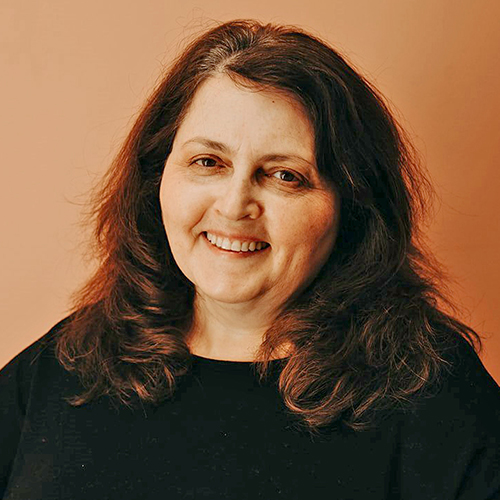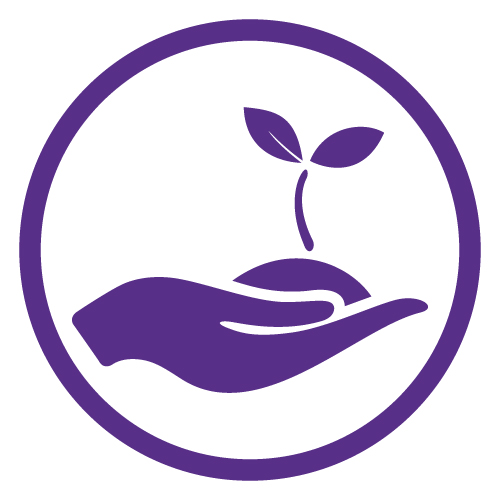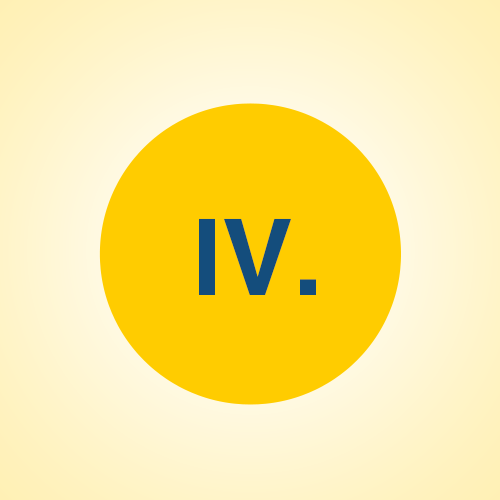 Lactation & Breastfeeding Online Course(s) & Continuing Education
Lactation & Breastfeeding Online Course(s) & Continuing Education
Access the latest clinical skills and research for Lactation & Breastfeeding for professional training. These Lactation & Breastfeeding online courses provide practice-changing skills and valuable perspectives from leading global experts. This Lactation & Breastfeeding education has been accredited for a variety of CEUs / CERPs and can be accessed on-demand, at your own pace.

Nursing A Preemie, Perspectives For Lactation Supporters and Professionals

Paulina is the mother of three multicultural Latino children and Project Director for Lifespan Local. Paulina earned her BS in Psychology from the Pennsylvania State University, a MS in Organizational leadership from the University of Denver and is completing her PhD in Health and Behavioral Sciences at the University of Colorado - Denver. Paulina has over 18 years of experience working with families with young children. As a Maternal Child Health specialist for Jefferson County Public Health, she developed a NICU follow-up home visitation program and the pediatric emergency preparedness plan, co-founded and coordinated the Conectando Network (former Adelante Jeffco), established community navigation and lactation support groups focused on the Latino Spanish speaking community, and lead other initiatives to support leadership and partnerships among communities and organizations. During the COVID-19 pandemic, she managed the new program Whole Community Inclusion to ensure the pandemic response and recovery implementation included health equity practices that recognize the needs and the strengths of priority populations in the county. Her areas of current work include promoting perinatal and infant mental health along the continuum of care; building community capacity to navigate health and education systems; facilitating organizational change to embrace linguistic and culturally responsive practices; and establishing community-placed participatory programs to strengthen communities. She likes to be with people, learn from and with others, and connect passions for meaningful work.
Topic: From the NICU to the home: mother’s experiences - [View Abstract]
Topic: Leadership Skills in Lactation: Make Extraordinary Things Happen - [View Abstract]
Topic: Liderazgo en Lactancia - Para Alcanzar Metas Extraordinarias - [View Abstract]
Topic: Nursing A Preemie, Perspectives For Lactation Supporters and Professionals - [View Abstract]
In this presentation participants will learn about parents’ experiences with feedings in the NICU and continuation of lactation after going home, the importance of parent-child mutual-regulation and its implication in feeding success, strategies for lactation professionals to support the nursing relationship, and infant mental health concepts in relationship to feeding.
This presentation will include qualitative and quantitative data to broaden participants understanding of the context of lactation with a premature baby or a baby with special medical conditions. The participants will also receive information about multidisciplinary approaches and initiatives to support families with preemie babies.
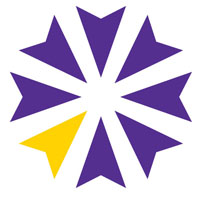
View Details / Enroll

View Details / Enroll
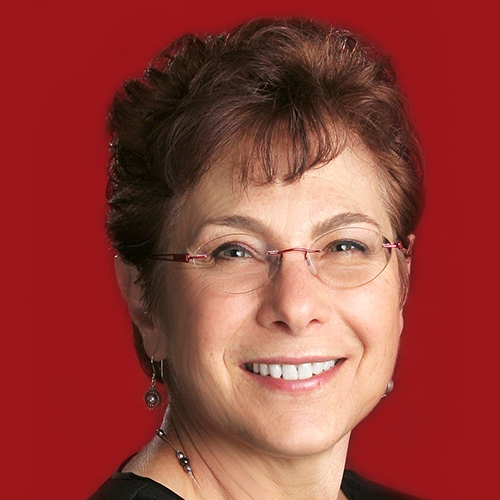
Optimizing the Feeding Abilities of Premature Infants to Support Breastfeeding

Robin P. Glass, MS, OTR, IBCLC practices occupational therapy at Seattle Children's Hospital in Seattle, WA and is an Assistant Clinical Professor in the Department of Rehabilitation, at the University of Washington. Her clinical specialty is the treatment of infants, with a strong focus on feeding and swallowing issues. She provides treatment for hospitalized infants including the NICU with a wide range of medical and developmental diagnoses. She is NDT trained and is a 20 year Board Certified Lactation Consultant. Robin has extensive national and international experience speaking about infant feeding.
Robin has received numerous awards including the National Association of Neonatal Therapists (NANT) 2015 Pioneer Award and the 2018 Nancy Danoff Spirit of Service award from the Breastfeeding Coalition of WA and Nutrition First. Robin has co-authored numerous journal articles as well as the book Feeding and Swallowing Disorders in Infancy: Assessment and Management.
Topic: Optimizing the Feeding Abilities of Premature Infants to Support Breastfeeding - [View Abstract]
For the baby born prematurely, learning to breast/chestfeed may be more complex. There are factors related to the infant, the environment and to the lactating parent that can make this process more challenging. Many babies often leave the NICU not fully breastfeeding and continue to struggle once at home. This presentation will describe, evidence-based approaches to developing breastfeeding in the premature infant. It will review developmental and co-morbid factors affecting the infant’s feeding acquisition and describe interventions that can be used to improve breastfeeding skill.

View Details / Enroll

Our Hands as Tools to Resolve Acute Breast Pain in the Early Postpartum Period

Maya Bolman was born and raised in Minsk, Belarus. She was certified as IBCLC in 2001 and currently works as a lactation consultant at Senders Pediatrics and Breastfeeding Medicine of Northeast Ohio.
Maya is well known internationally for her work promoting hand expression and breast massage to health professionals and parents. She recognizes that teaching these basic tools helps empower them to work through breastfeeding challenges including engorgement, plugged ducts, separation from the infant, and milk supply concerns.
She has worked with Dr. Ann Witt to create an instructional video “The Basics of Breast Massage and Hand Expression” and conducts research on the effectiveness of Therapeutic Breast Massage in Lactation (TBML) both in the office and as a treatment at home for mothers.
Topic: Our Hands as Tools to Resolve Acute Breast Pain in the Early Postpartum Period - [View Abstract]
Breast pain is a major cause of weaning. Milk stasis, which occurs in engorgement, mastitis and plugged ducts, is a common cause of pain that may lead to the temporary or permanent cessation of breastfeeding. Therapeutic Breast Massage in Lactation (TBML) is one clinical tool to help resolve breast pain quickly. Therapeutic Breast Massage in Lactation (TBML) provides a simple, readily accessible method that can be easily taught to parents and health professionals. Empowering parents to resolve complications at home may be a critical skill for extending breastfeeding duration.

View Details / Enroll
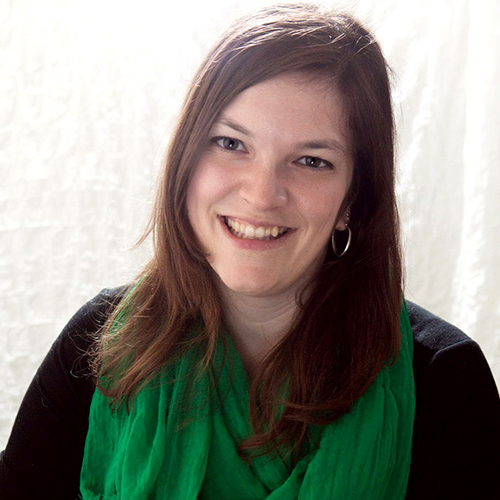
Overcoming Challenges to Feeding: Supporting Parents with Physical, Mental or Socioemotional Differences - Part 1

Julie Matheney knew when she was ten years old that she wanted to feed babies for a living. She earned her Masters in speech-language pathology and has worked with feeding and swallowing disorders for over a decade. While most people assume speech therapists teach children who stutter or work on ""r's and s's"", the bulk of her job is feeding and swallowing as part of a hospital based, rehabilitation team. The same things you speak with, you eat with! Over the past decade working in the NICU, she discovered her passion for working with breastfeeding families and became an IBCLC in 2018.
She transitioned out of the hospital in July 2021 and currently works full time in private practice as a lactation consultant in Los Angeles. She enjoys helping the whole family in the feeding process to meet their goals.
Her loving husband is always supportive of her in her vocational passions and was instrumental in launching her private practice. She has two young daughters, both of whom were exclusively breastfed until two years old.
Topic: Overcoming Challenges to Feeding: Supporting Parents with Physical, Mental or Socioemotional Differences - Part 1 - [View Abstract]
Topic: Overcoming Challenges to Feeding: Supporting Parents with Physical, Mental or Socioemotional Differences - Part 2 - [View Abstract]
For years we have learned how to support breastfeeding for the infant with differences and disabilities. There is a lack of education and support however for mothers/lactating parents who face these same challenges. Studies show parents with differences and disabilities are less likely to receive adequate prenatal care and breastfeeding assistance compared to those without disabilities. How do we support lactation for parents who have physical, mental, and emotional/social differences? Each type of difference or disability also has specific needs for adaptations, to the environment and to the tools we would use to facilitate position, latch, and lactation success. This session helps participants use critical thinking to ask the right questions, make adjustments to the environment, and create functional plans specific to the individual needs of the parent. The three domains we will be discussing are physical challenges, social/emotional challenges, and the neurodiverse.

View Details / Enroll

Overcoming Challenges to Feeding: Supporting Parents with Physical, Mental or Socioemotional Differences - Part 2

Julie Matheney knew when she was ten years old that she wanted to feed babies for a living. She earned her Masters in speech-language pathology and has worked with feeding and swallowing disorders for over a decade. While most people assume speech therapists teach children who stutter or work on ""r's and s's"", the bulk of her job is feeding and swallowing as part of a hospital based, rehabilitation team. The same things you speak with, you eat with! Over the past decade working in the NICU, she discovered her passion for working with breastfeeding families and became an IBCLC in 2018.
She transitioned out of the hospital in July 2021 and currently works full time in private practice as a lactation consultant in Los Angeles. She enjoys helping the whole family in the feeding process to meet their goals.
Her loving husband is always supportive of her in her vocational passions and was instrumental in launching her private practice. She has two young daughters, both of whom were exclusively breastfed until two years old.
Topic: Overcoming Challenges to Feeding: Supporting Parents with Physical, Mental or Socioemotional Differences - Part 1 - [View Abstract]
Topic: Overcoming Challenges to Feeding: Supporting Parents with Physical, Mental or Socioemotional Differences - Part 2 - [View Abstract]
For years we have learned how to support breastfeeding for the infant with differences and disabilities. There is a lack of education and support however for mothers/lactating parents who face these same challenges. Studies show parents with differences and disabilities are less likely to receive adequate prenatal care and breastfeeding assistance compared to those without disabilities. How do we support lactation for parents who have physical, mental, and emotional/social differences? Each type of difference or disability also has specific needs for adaptations, to the environment and to the tools we would use to facilitate position, latch, and lactation success. This session helps participants use critical thinking to ask the right questions, make adjustments to the environment, and create functional plans specific to the individual needs of the parent. The three domains we will be discussing are physical challenges, social/emotional challenges, and the neurodiverse.

View Details / Enroll
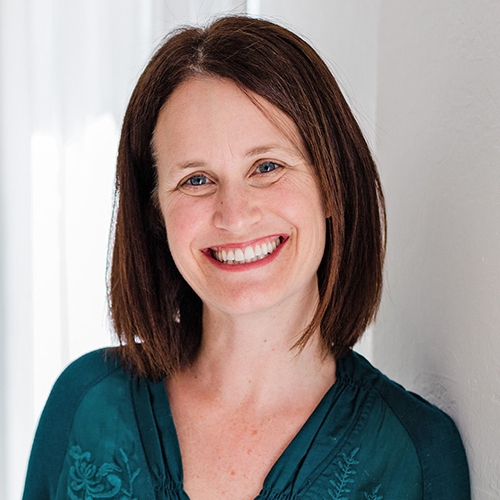
Overcoming Challenges When Providing Virtual Support to Breast/Chestfeeding Families

Robin Kaplan has been an IBCLC since 2009, the same year that she opened up the San Diego Breastfeeding Center. She founded the San Diego Breastfeeding Center Foundation in 2016, a 501(c)3 organization whose mission is to reduce breastfeeding disparities among families of color and low-income families, as well as provide scholarships for women of color to become IBCLCs.
Robin was the founding host of the Boob Group podcast and published her first book, Latch: a Handbook for Breastfeeding with Confidence at Every Stage in 2018. Robin’s center has been a clinical training site for the UCSD Lactation Consultant program since 2015.
In 2019/2020, Robin helped write the curriculum for the University of California San Diego Lactation Educator Counselor program and was the Program Manager for the UCSD Curriculum Development Team for the Pathway 1&2 Lactation Consultant program. Robin has a BA from Washington University in St Louis and Masters in Education from University of California Los Angeles. Robin is currently attending the Functional Nutrition Alliance to become a Functional Nutrition Counselor.
The need to provide virtual support for breast/chestfeeding families may have been ignited by the pandemic, but telehealth is here to stay. The convenience and flexibility of meeting with families virtually removes barriers, such as location, childcare, and transportation. It also comes with its own set of challenges, such as difficulties reading body language, making connections with our clients, and assessing oral anatomy/milk transfer. Yet, with some intentional preparation, crafty detective skills, open-ended questions, and protocols for complicated situations, you may find that virtual consultations can truly meet the needs of your clients/patients.
This presentation will help attendees think through those important preparations to optimize virtual support.

View Details / Enroll

View Details / Enroll

Peer Counselors In The Hospital; Taking Your Peer Counselor Program To The Next Level

Lisa Huffstetler is the mother of six children with years of personal breastfeeding experience. She has been an International Board Certified Lactation Consultant since 2011. Lisa began working with breastfeeding families as a Peer Counselor in 2008 as part of the Gaston County, North Carolina WIC's implementation of their Peer Counselor Program. She is passionate about helping new moms become successful in reaching their breastfeeding goals. Lisa is currently working as the Gaston County WIC agency's Lactation Consultant. She enjoys teaching breastfeeding classes, conducting staff trainings and working to keep staff updated on breastfeeding policy.
As a new grandmother, one of her new found interests is helping grandparents support their children appropriately in their new role as parents, especially in effective support of breastfeeding.
Hospital visits from a Peer Counselor just after delivery can have a tremendous impact on breastfeeding for mom and baby. Evidence-based research shows that Peer Counselors can share an important role in the success of breastfeeding for families. Peer Counselors making an early connection and reminding families that there is someone here to help them with their breastfeeding journey, now and after mom and baby discharge from the hospital, can be very comforting for those nervous new parents. Often, a short visit from a Peer Counselor to reassure a new mother that she is right on track with breastfeeding is just what mom needs to encourage her for the learning period she is going through. Learn about the success stories of a Peer Counselor Program from the implementation of hospital visitation through years of success in hospital visits and the difference it has made in their Peer Counselor Program participation and breastfeeding numbers.
There are challenges to getting Peer Counselor hospital visits started. It may not be as easy to get your foot in the door as you would think. We will discuss some of the red tape situations you may encounter as you start trying to set up hospital visits. Adding hospital visits to your Peer Counselor activities can have a positive impact on your Peer Counselor Program and increase breastfeeding rates for your area.

View Details / Enroll

View Details / Enroll
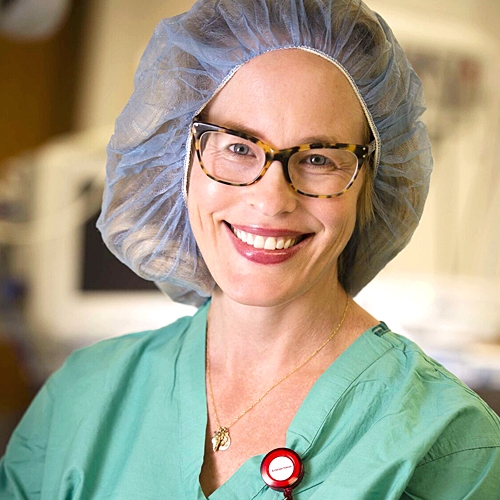

Katrina B. Mitchell, MD, IBCLC, PMH-C is a breast surgeon, lactation consultant, and perinatal mental health provider. Her surgical practice includes the care of women with breast cancer and benign breast disease. She sees runs a daily breastfeeding medicine practice, treating patients for a wide variety of lactation concerns ranging from hypolactation to nipple trauma. Additionally, she provides medication management and support for women impacted by perinatal mood and anxiety conditions.
Dr. Mitchell lectures locally, nationally, and internationally on the intersection of lactation and surgery, and has authored book chapters, clinical care protocols, and journal articles on the topic. She is the creator of the physicianguidetobreastfeeding.org, an evidence-based resource for breastfeeding families and the communities that support them. Dr. Mitchell resides in Santa Barbara, California and practices at the Ridley Tree Cancer Center at Sansum Clinic. She enjoys reading, traveling, and spending time with her son camping at the beach. She can be reached at physicianguidetobreastfeeding.org.
Topic: Performing Physical Breast Assessment - [View Abstract]
The purpose of this presentation is to first review basic components of the breast physical exam, including assessment of the breast, nipple areolar complex (NAC) and regional nodal basins. We also briefly will review breast imaging that may be required for diagnostic purposes in the setting of lactation.
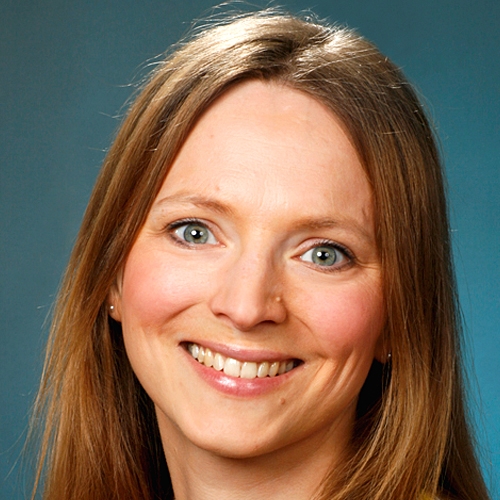
Persistent Pain During Breastfeeding - A Challenge in Lactation Counseling

Alexandra Glass is a gynecologist/ obstetrician and an International Board Certified Lactation Consultant working in Hanover, Germany, where she lives with her family. Alexandra is the Vice President of BDL Lactation Consultant Association. She speaks at Local, National and International conferences and she teaches preparatory courses for the IBCLC exam. She is the mother of two daughters, who were both breastfed.
This presentation will give an overview of the reasons that can cause painful breastfeeding and how we can intervene either via breastfeeding management or medically.
The reasons might be
- poor latch
- problems with sucking, like tongue tie or other anatomical issues, also nipple confusion
- vasospasms
- infections, mastitis
- Mammary Constriction Syndrome
- injuries or medical conditions of the skin, such as psoriasis, dermatoses, eczema
- oversupply
- plugged ducts
- incorrect pumping or hand expression
- allodynia/functional pain
- psychological and emotional aspects
Important aspects concerning breastfeeding management and counselling and possible therapeutic interventions will be discussed as well as the impact of painful breastfeeding on the breastfeeding dyad and the whole family.

View Details / Enroll
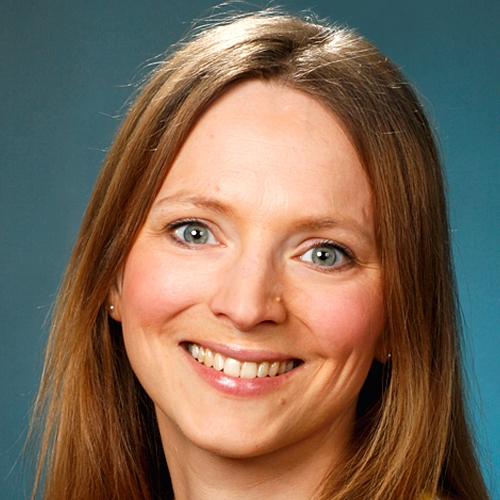
View Details / Enroll
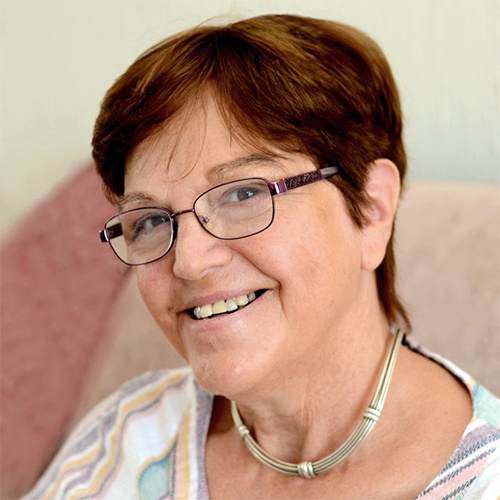
Pharmacokinetics and Clinical Implications of Drugs in Human Milk: The Substance-Exposed Infant

In her employed life Wendy was a community pharmacist and also worked in doctor surgeries supporting cost effective, evidence-based prescribing.
Wendy left paid work to concentrate on writing Breastfeeding and Medication (Routledge 2nd edition 2018), developing information and training material on drugs in breastmilk as well as setting up her own website www.breastfeeding-and-medication. She has also published Breastfeeding for Dads and Grandmas (Praeclarus Press) and Why Mothers Medication Matters (Pinter and Martin). She is also co editor of a book to be published January 2020 called A guide to breastfeeding for medical professionals (Routledge).
Wendy is known for her work on providing a service on the compatibility of drugs in breastmilk and has been a breastfeeding peer supporter for 30 years. She is passionate that breastfeeding should be valued by all and that medication should not be a barrier. She has 3 daughters and 5 grandchildren. All her family seem as passionate about breastfeeding as she is and currently all 3 of her daughters are breastfeeding.
She was awarded a Points of Light award by the Prime Minister in 2018 and nominated for an MBE in the New Year's Honours List 2018 for services to mothers and babies. She received her award at Windsor Castle in May 2019 from Her Majesty the Queen.
Topic: Medication and Breastmilk in the NICU - [View Abstract]
Topic: Pharmacokinetics and Clinical Implications of Drugs in Human Milk: The Substance-Exposed Infant - [View Abstract]
We are aware that an increasing number of babies are exposed to opiates, to methadone, to cannabis and cocaine through maternal breastmilk. In this presentation, I will discuss the pharmacokinetics of the medications and how this impacts the clinical care of the babies both immediately after delivery and later on. We need mothers to be open and honest about any drugs which they have taken in order that we may care for the baby appropriately if it is exhibiting clinical symptoms. This impacts on safeguarding issues but our aim should be to help the mother consider the impact on her baby using evidence-based information and to maintain breastfeeding appropriately. What are the long- and short-term implications of exposure for mother and baby? Is there sufficient research? As always, more questions than answers.

View Details / Enroll




